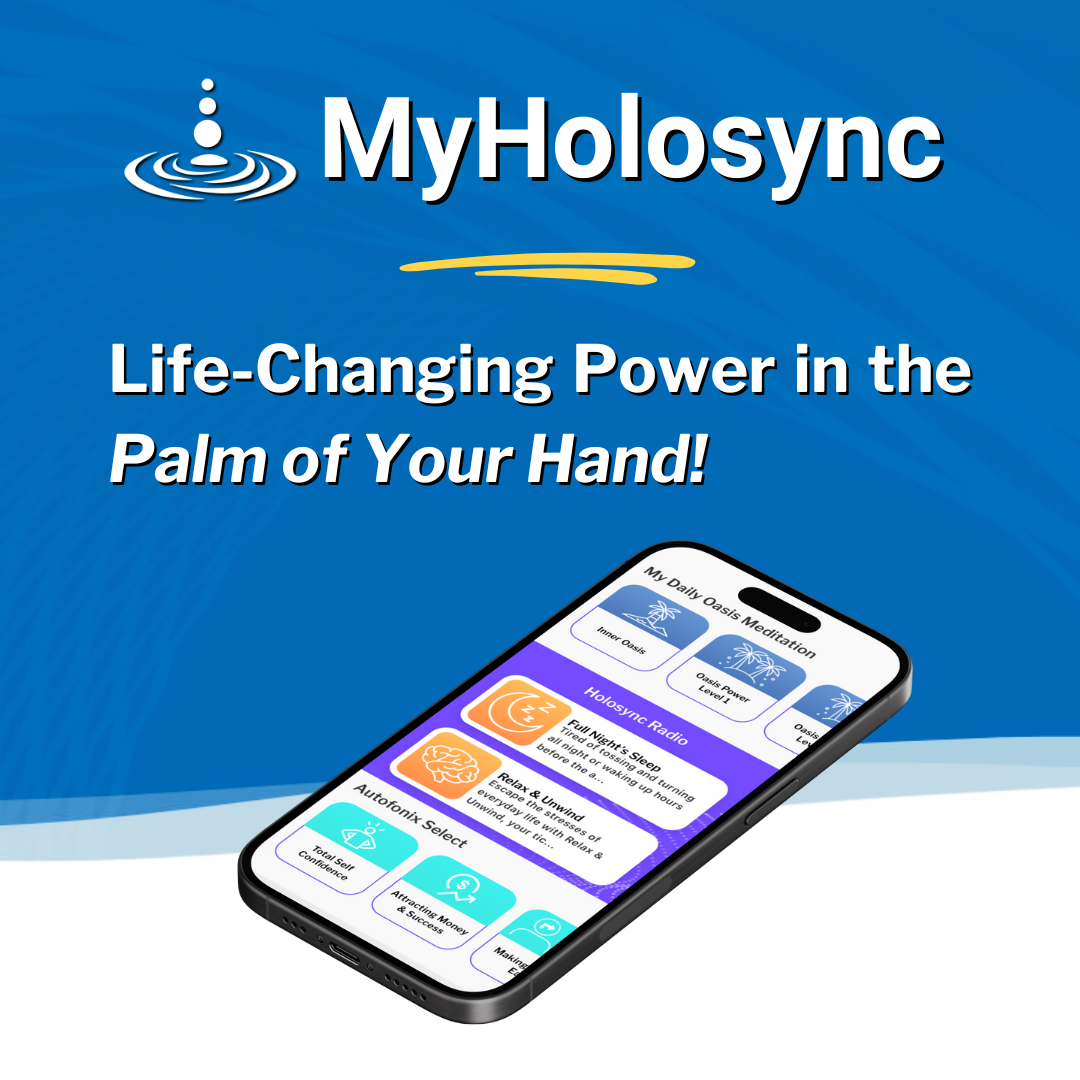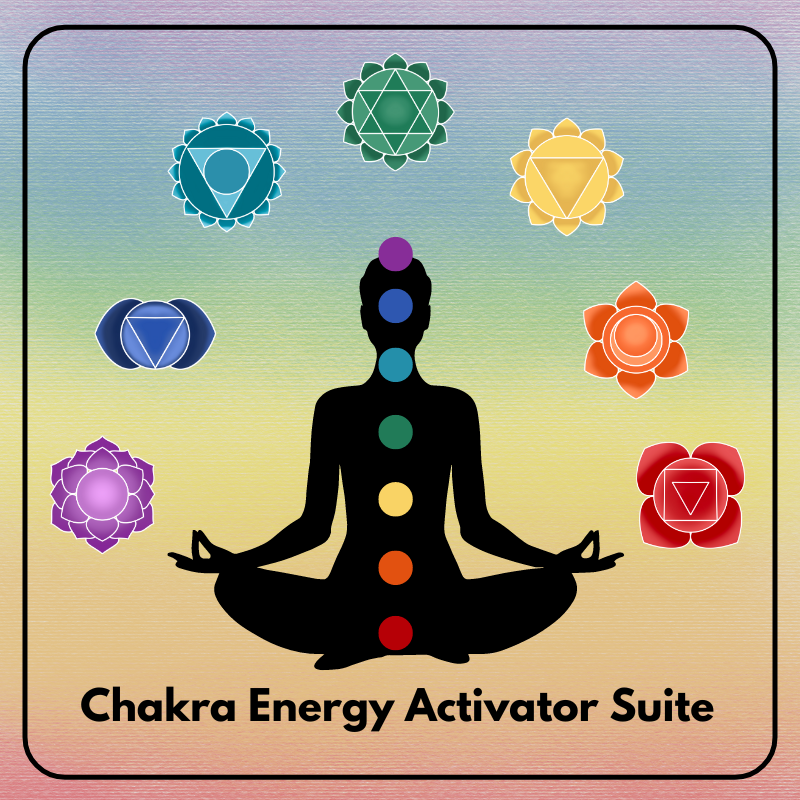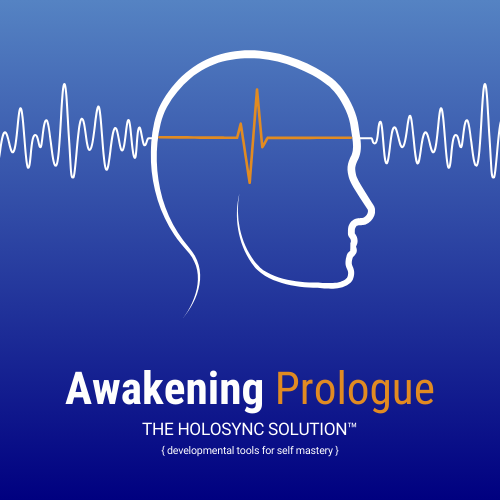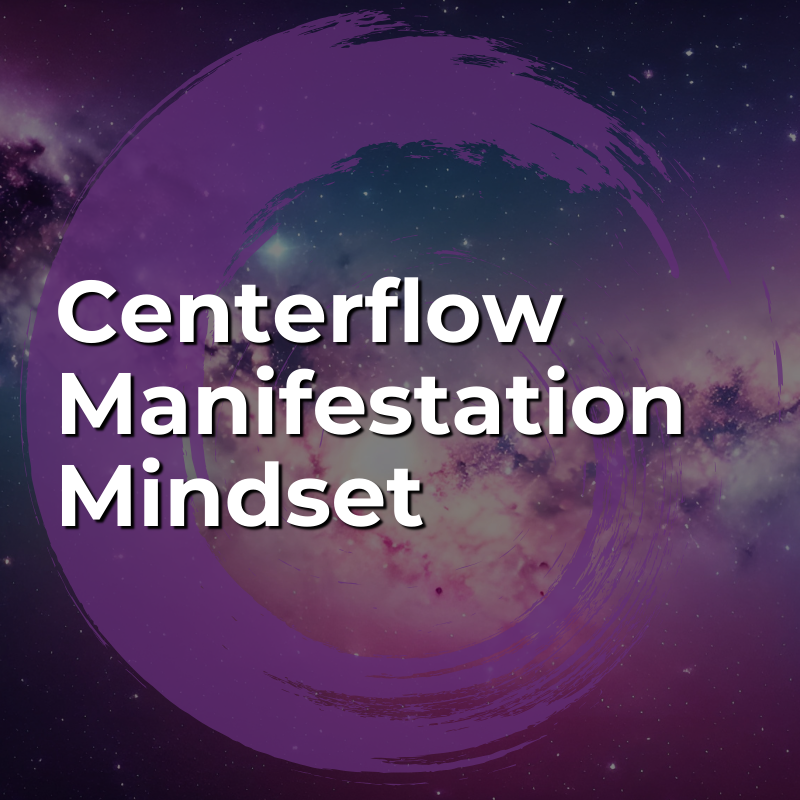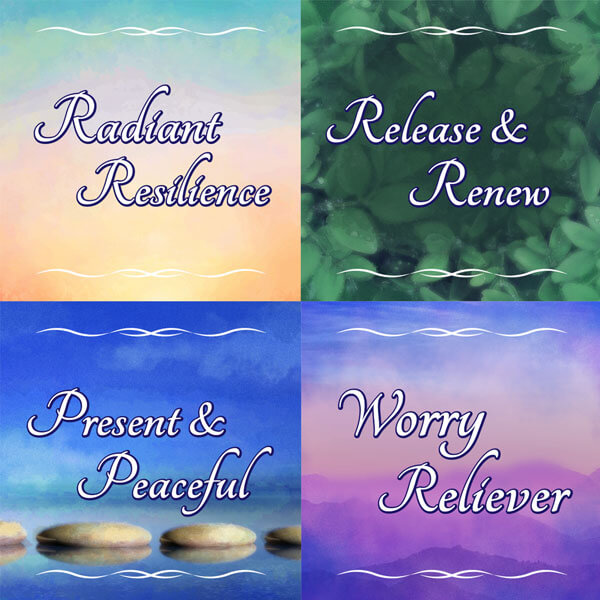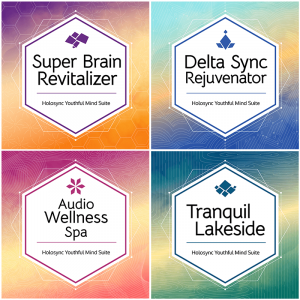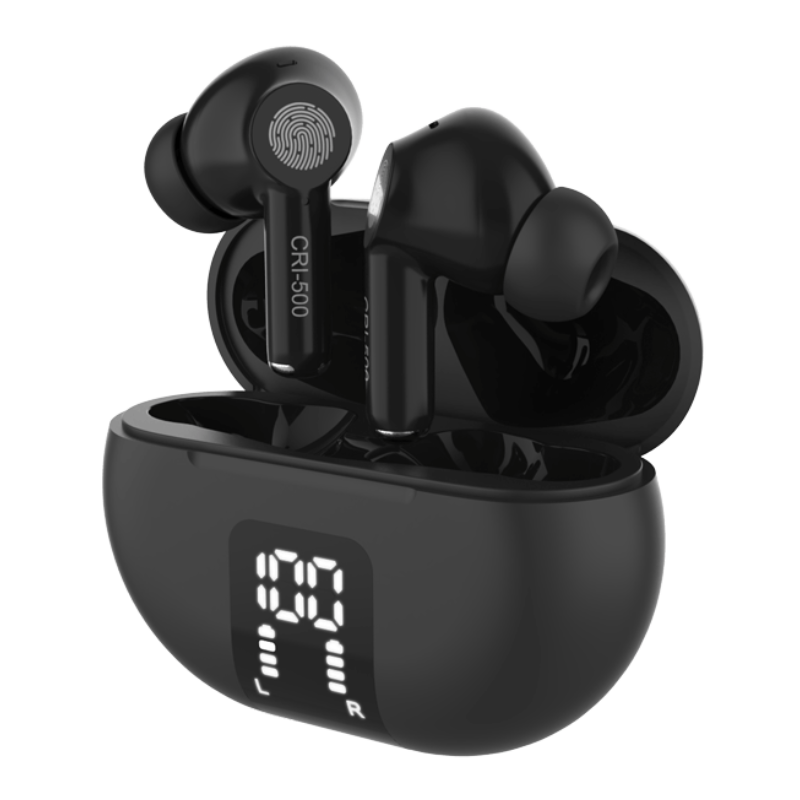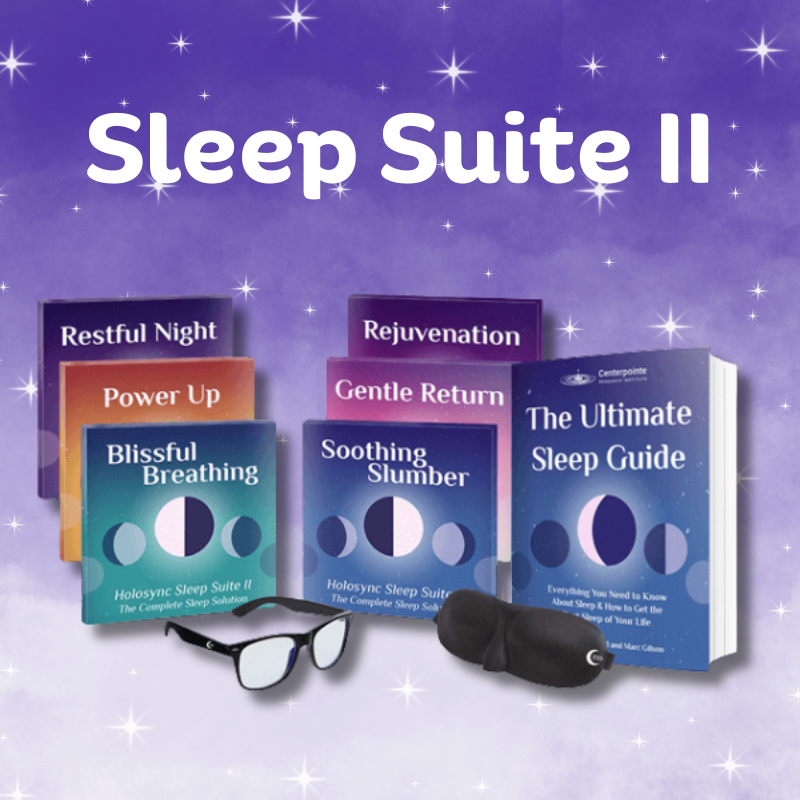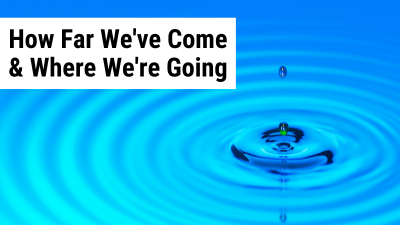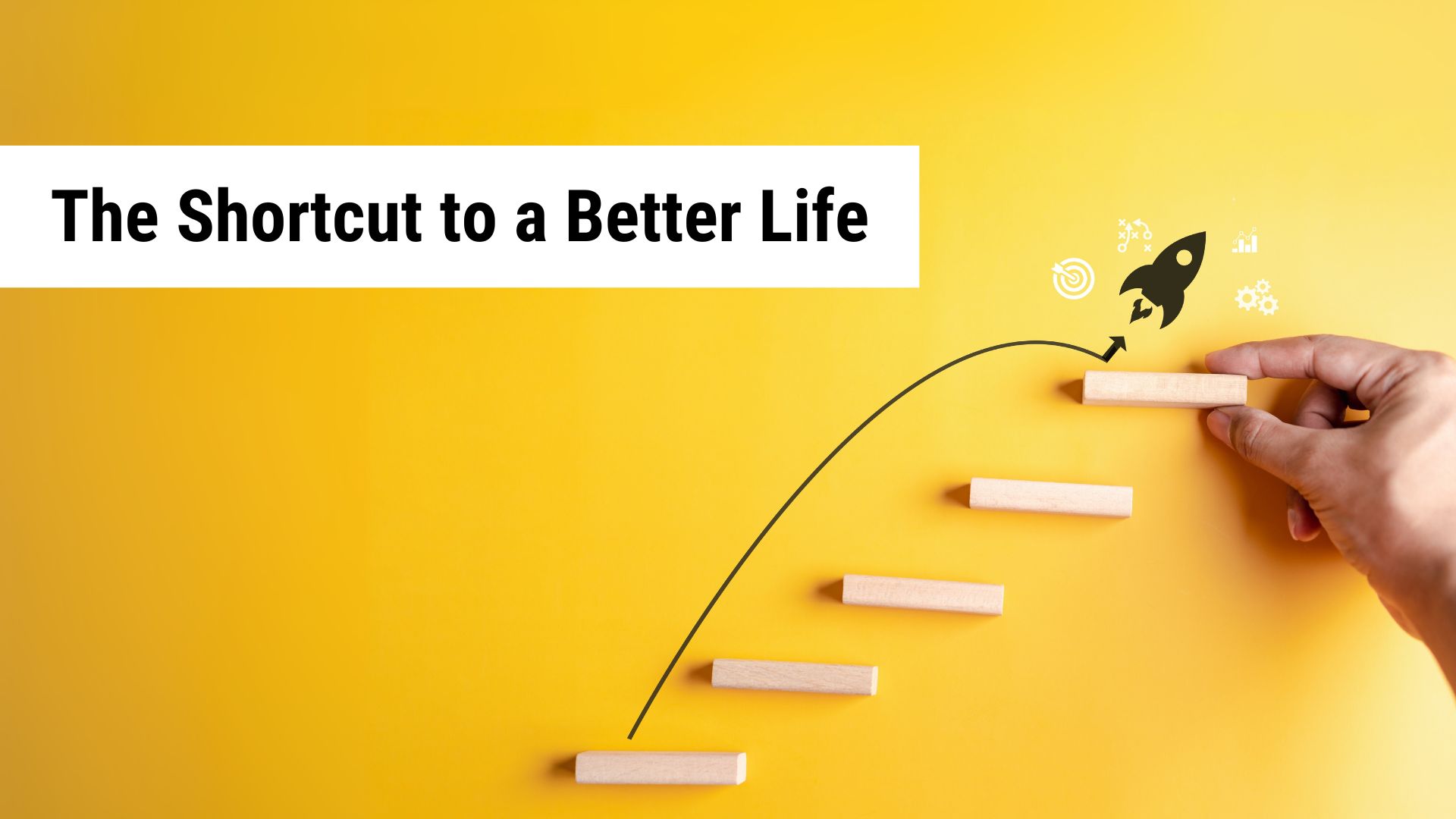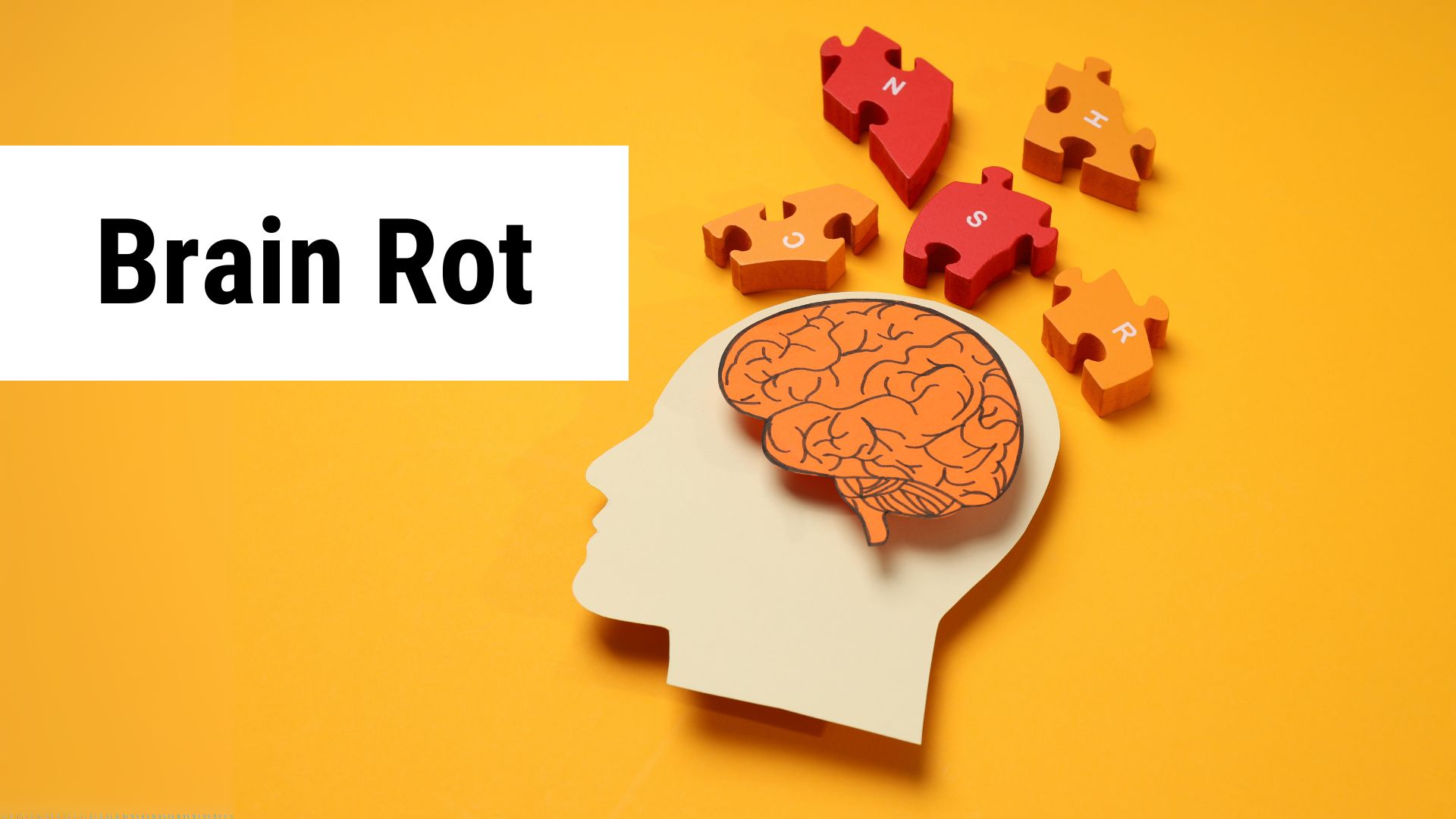
Issue #381 – Monday, July 17th, 2023
Doing something quickly does not mean that you are doing it better.
Take the classic tale about the tortoise and the hare, for example.
Speed isn’t always the most important quality when you have a long race ahead of you. Sometimes you need smart planning. Sometimes you need hearty stamina. And sometimes you just need determination.
Our brains work the same way.
When the stress of everyday life happens, our brains can either prioritize speed and react quickly…
…or prioritize something else and choose an appropriate response.
To explain what I mean, I’m sharing an eye-opening essay with you today from Centerpointe CEO MaryEllen Tribby.
MaryEllen dives into the difference between reacting and responding, how different parts of the brain are used for each option, and what you can do to set your brain up for success.
Everything starts in your brain, after all!
Enjoy,

Mind Power Managing Editor
P.S. Right now you can save 30% on the Holosync Solution Program!
Start your meditation journey with Awakening Prologue, or take the next step and order your next Deeper Level at this awesome discounted price.
Scroll down to the Check it Out Section below to learn more.
Responding vs Reacting
A Neuroscientific and Proven Perspective
By MaryEllen Tribby
Every day, life presents us with an ever-constant barrage of unplanned situations. A neighbor accidentally knocks over your mailbox; you have a disagreement with a coworker; your infant grandchild finds a stash of permanent markers and starts decorating your walls like Picasso.
When things like this happen, we do one of two things:
We either react, or we respond.
And as it turns out, there is a huge difference between the two.
Reacting: Speed Over Efficiency
Reacting is powered by the limbic system - the “fight or flight” decision-making part of the brain. When you have an overactive limbic system, you’ll almost always react instead of respond.
People who react when something unexpected happens don’t give much thought to the problem. Instead they use whatever coping mechanism they’ve developed to handle the situation as quickly as possible. As a result…
…reacting happens automatically.
The neighbor knocked over your mailbox? A reaction might be to run out and confront them with hostility.
You had an argument with a coworker? A reaction might be to just quit your job.
Your grandchild marked up your walls with a permanent marker? A reaction might be to yell at the child and give them a spanking.

These are all reactions - automatic actions we take when we’re triggered by stress.
Responding: Choosing the Best Action
When stress arises, if you stop and think…
…“What action could I take right now that would serve me the best?”…
…then you’d choose to respond, rather than react!
You see, rather than relying on the fight-or-flight limbic system to quickly react to a problem, you can use your brain’s prefrontal cortex and choose a response instead.
This leads to better decision-making that will help you in the long run, and often leads to less stress down the line.
For example…
Instead of confronting your neighbor with hostility when they accidentally knock down your mailbox, you can instead respond by talking to them, understanding what happened, and then creating a positive relationship with them.
Instead of quitting your job because you had an argument with a coworker, you could go to HR or talk to your boss about it so that you can start to foster a better work environment.
Instead of giving the child a spanking for drawing all over the walls, you can respond by talking to them and explaining why we shouldn’t draw on the walls, then give them another way to express their creativity like a coloring book.
If we can choose to respond, rather than react, then we set up our brains and our lives to better serve our goals.
The Brain’s Role
Responding or reacting don’t just happen randomly. It all has to do with how the brain handles the incoming stress of the situation.
If the brain can’t handle the stress, it’ll defer to the limbic system to just take care of things quickly. But if the brain can absorb the stress of the situation and act calmly, then it can use the prefrontal cortex to make a slower but more effective decision.
Let’s take a closer look at the neurobiology of both reacting and responding.
Neurobiology of Reacting
When we react, the amygdala, a key structure within the limbic system, plays a central role. The amygdala rapidly processes incoming sensory information, evaluating its emotional significance and triggering a fight-or-flight response if necessary.
This process occurs within milliseconds, often before the prefrontal cortex has time to analyze the situation critically.
Reacting often leads to impulsive behaviors driven by fear, anger, or other strong emotions. While the amygdala's role is vital for our survival in life-or-death situations, it can cause more problems than it fixes when we rely on it for every stressor in our lives.
Neurobiology of Responding
On the other hand, responding engages various brain regions that collaborate to regulate emotions, limit impulsive reactions, and facilitate thoughtful decision-making.
The prefrontal cortex, particularly the medial prefrontal cortex (mPFC), plays a crucial role in responding to incoming stress. The mPFC is responsible for executive functions such as self-awareness, emotional regulation, and social cognition.
When we respond, the mPFC communicates with the amygdala and other
limbic structures, allowing for emotional regulation and the integration of cognitive and emotional processes. This collaboration enables us to assess situations more objectively, consider alternative perspectives, and select responses that better suit our goals.
Cultivating a Healthy Brain:
You have the power to decide how you want to behave!
If you notice that you are reacting too often, or if you find yourself regretting actions you take “in the heat of the moment” and you want to choose your responses better…
…there are some things that you can do to help set yourself up for success.
Here are just a few easy things you can do to give you more control over your brain.
1. Get Sufficient Sleep: Adequate sleep is essential for maintaining optimal brain function. Sleep deprivation impairs cognitive processes, weakens self-control, and heightens emotional reactivity. Aim for 7-9 hours of quality sleep each night to support a healthy brain.
2. Ensure Balanced Nutrition: Proper nutrition provides the brain with essential nutrients for optimal functioning. A diet rich in fruits, vegetables, whole grains, lean proteins, and healthy fats nourishes the brain, supporting cognitive processes, mood stability, and overall well-being.

3. Get Regular Exercise: Physical exercise has a profound impact on brain health. Engaging in regular aerobic activities, such as walking, running, or swimming, promotes the release of endorphins, improves blood flow to the brain, and enhances cognitive function, mood, and stress management.
4. Try Stress Management Techniques: Chronic stress can impair brain function and increase emotional reactivity. Adopt stress management techniques such as mindfulness, deep breathing exercises, journaling, or engaging in hobbies to promote emotional resilience and cognitive flexibility. These practices activate the prefrontal cortex, fostering a more responsive and rational approach to challenging situations.
5. Foster Social Connection: Human beings are social creatures, and meaningful social connections contribute to brain health. Engaging in positive social interactions, maintaining healthy relationships, and participating in community activities provide emotional support and promote overall well-being. Cultivating a strong support system can help regulate emotions and provide valuable perspectives when faced with challenging circumstances.
6. Meditate with Holosync: Meditation is a powerful tool for training the brain to respond rather than react. Holosync utilizes advanced audio technology designed to stimulate specific brainwave patterns, promoting deep states of relaxation and meditation. Regular practice with Holosync can enhance self-awareness, emotional regulation, and cognitive clarity, facilitating a more measured and deliberate response to life's challenges.
Empower Your Brain, Empower Your Life
Most people don’t realize that they have a choice about their actions when stress levels rise. Now that you know the difference between reacting and responding, you can start to consciously make that choice going forward.
And it all starts with the brain.
Remember, if you feel like you’re stuck in “react mode” then the best advice I can give is to start listening to Holosync everyday. It gives you much more control over your limbic system and empowers your prefrontal cortex.
Remember: a better life starts with a better brain.
Check It Out!
The Holosync Solution
Special 30% Off When You Order Today!
Holosync® is the most powerful self-improvement, stress-relief
and brain enhancement tool in the world.
(If you're not using it, you're missing out!)
...including the magnificent power to attract into your life what you DO want instead of what you don’t.
Start your journey to a better you and the life you’ve always wanted,
with Awakening Prologue.
Get in on a special 30% discount today!
To Our Awakening Prologue and Deeper Level Users:
You already know the tremendous benefits of Awakening Prologue, and we also have a special price for you (30% off!) on your next “Deeper Level.”
Wise Words
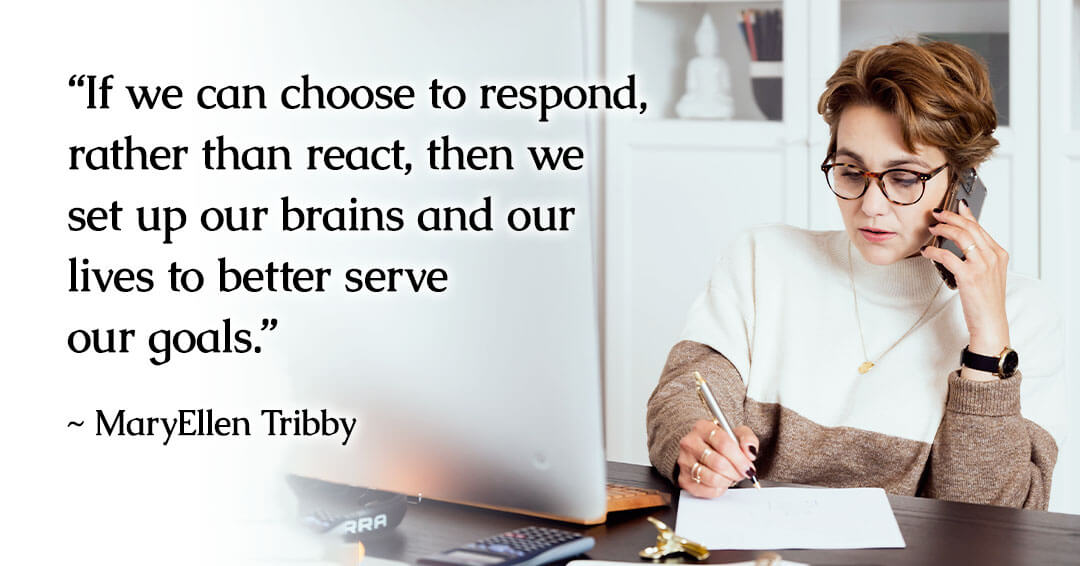
This Really Happened
Very calming, from the instant the rain started. I feel focused and clear minded. I have an "involuntary" smile on my face reflecting my happy peaceful mind.
~Sharon V.
5-Day Challenge Participant
In Case You Missed It - Listen to It!
Five Essential Brain Hygiene Routines
(How to Give Your Brain Its Own Spa Day, Everyday!)
By Marc Gilson
June17, 2023
We Want to Hear From You!
When was the last time you chose to respond instead of react?
Post your story on our Facebook Page.
Not on Facebook? Tell me about the impact that meditation with Holosync has had on your daily life. Stress? Sleep? Weight Loss? Focus? Spiritual Connection? Other? Email your story here.

